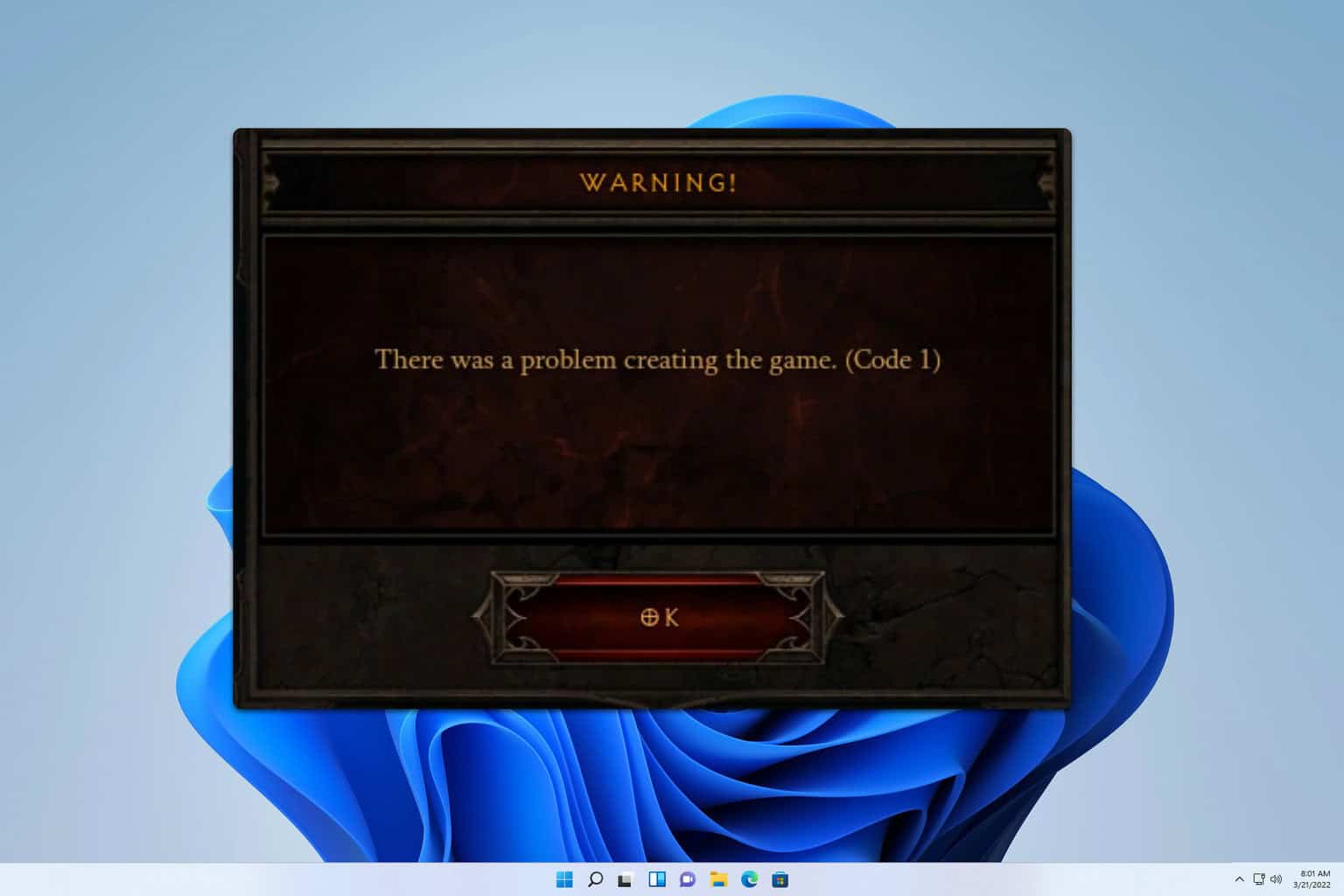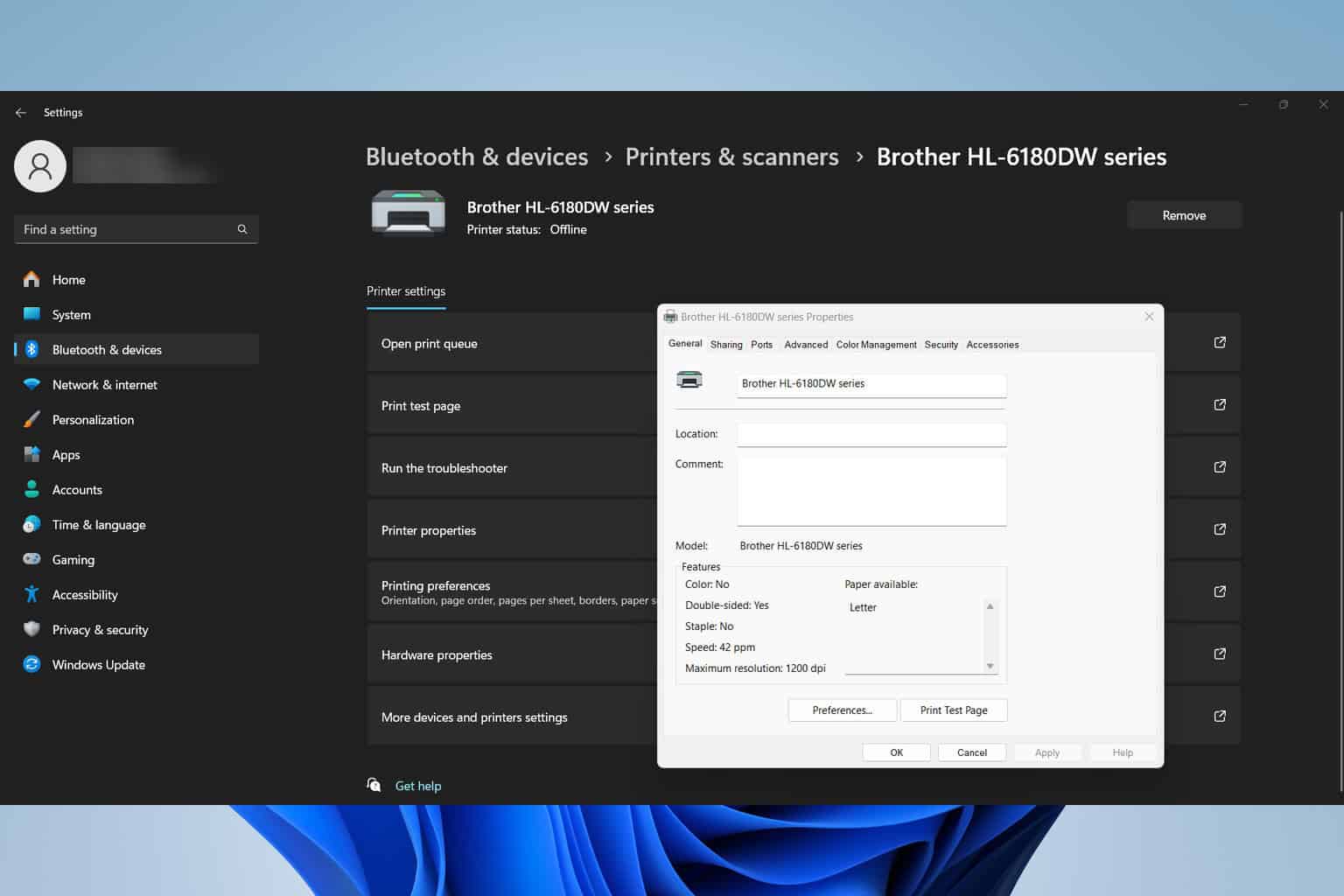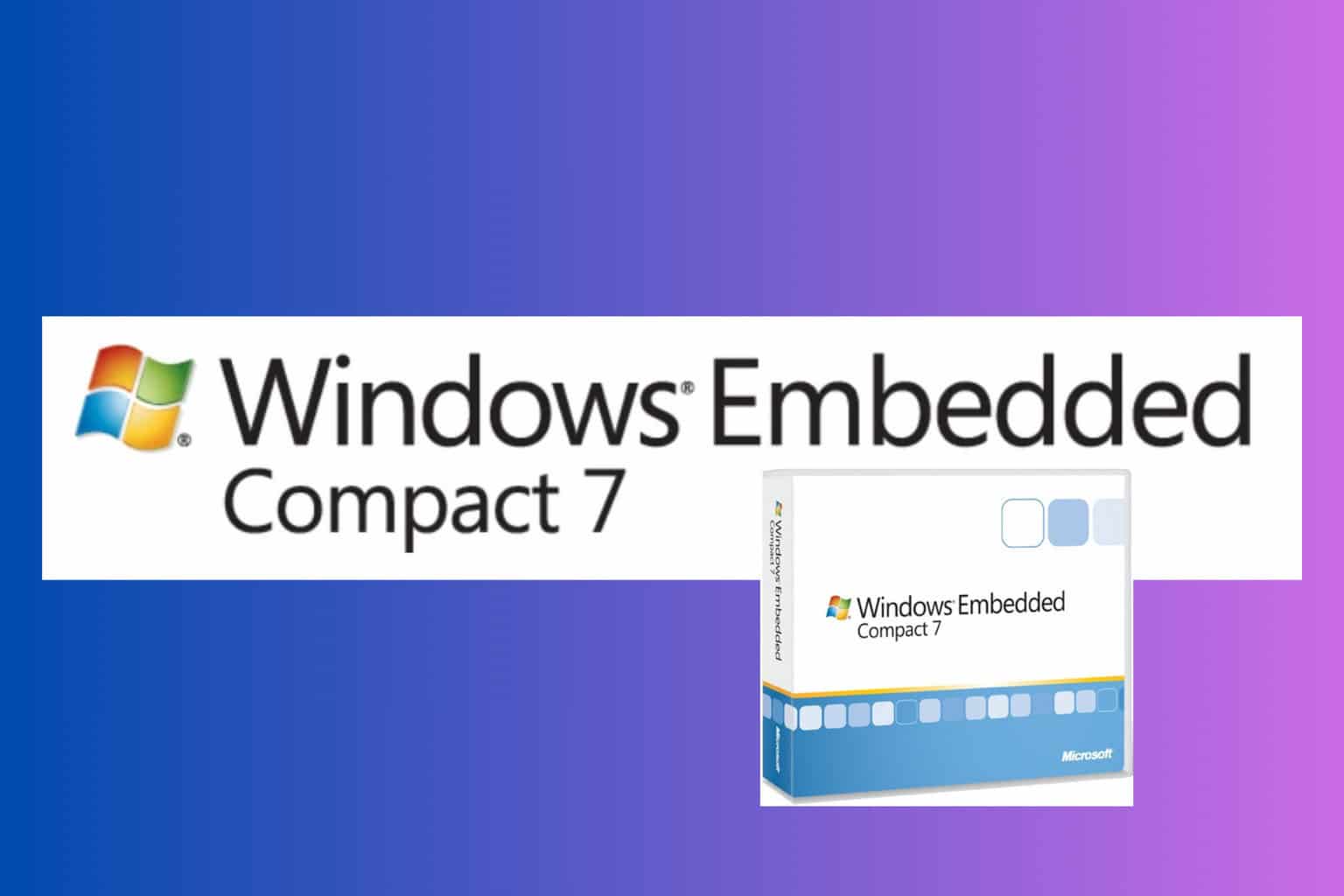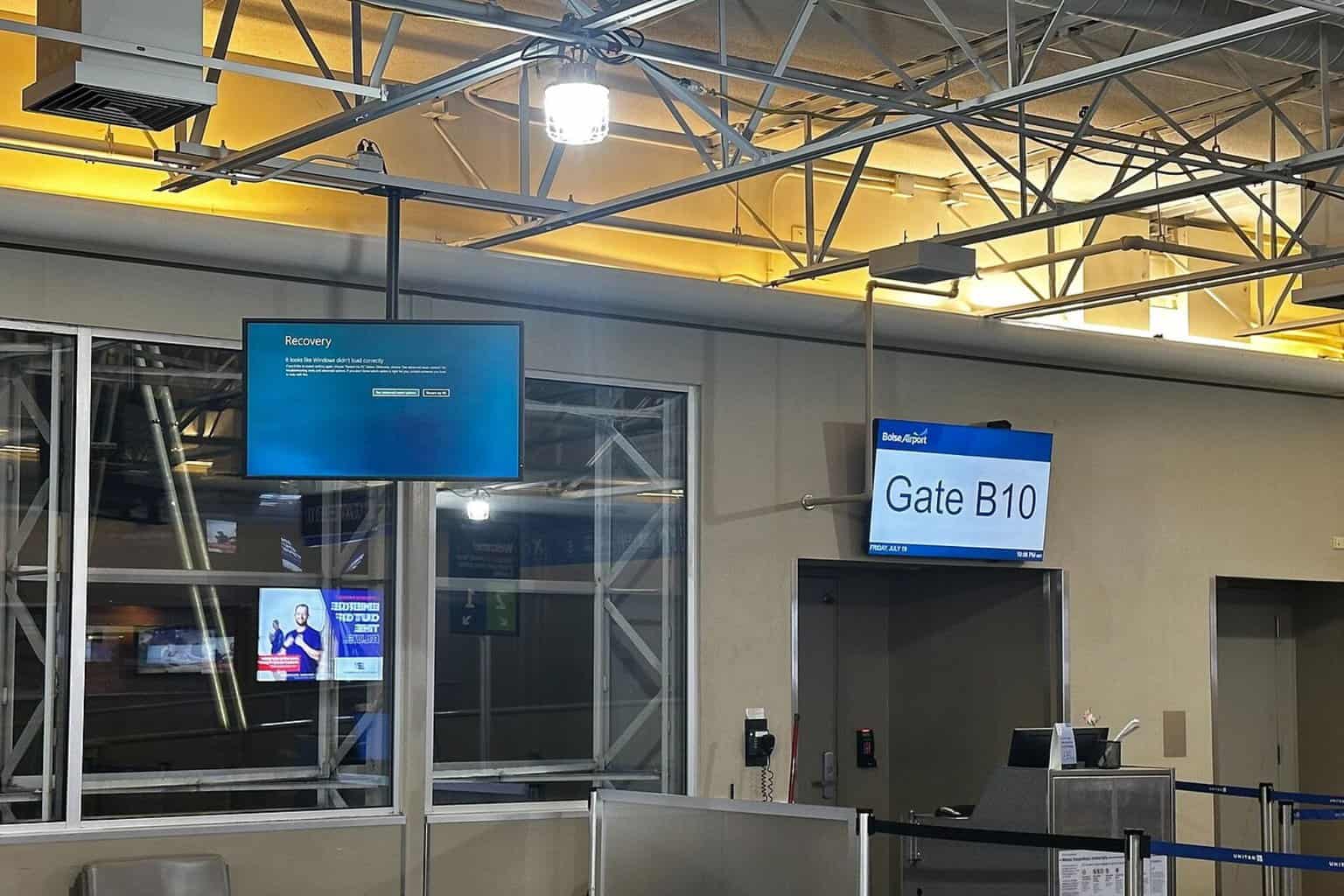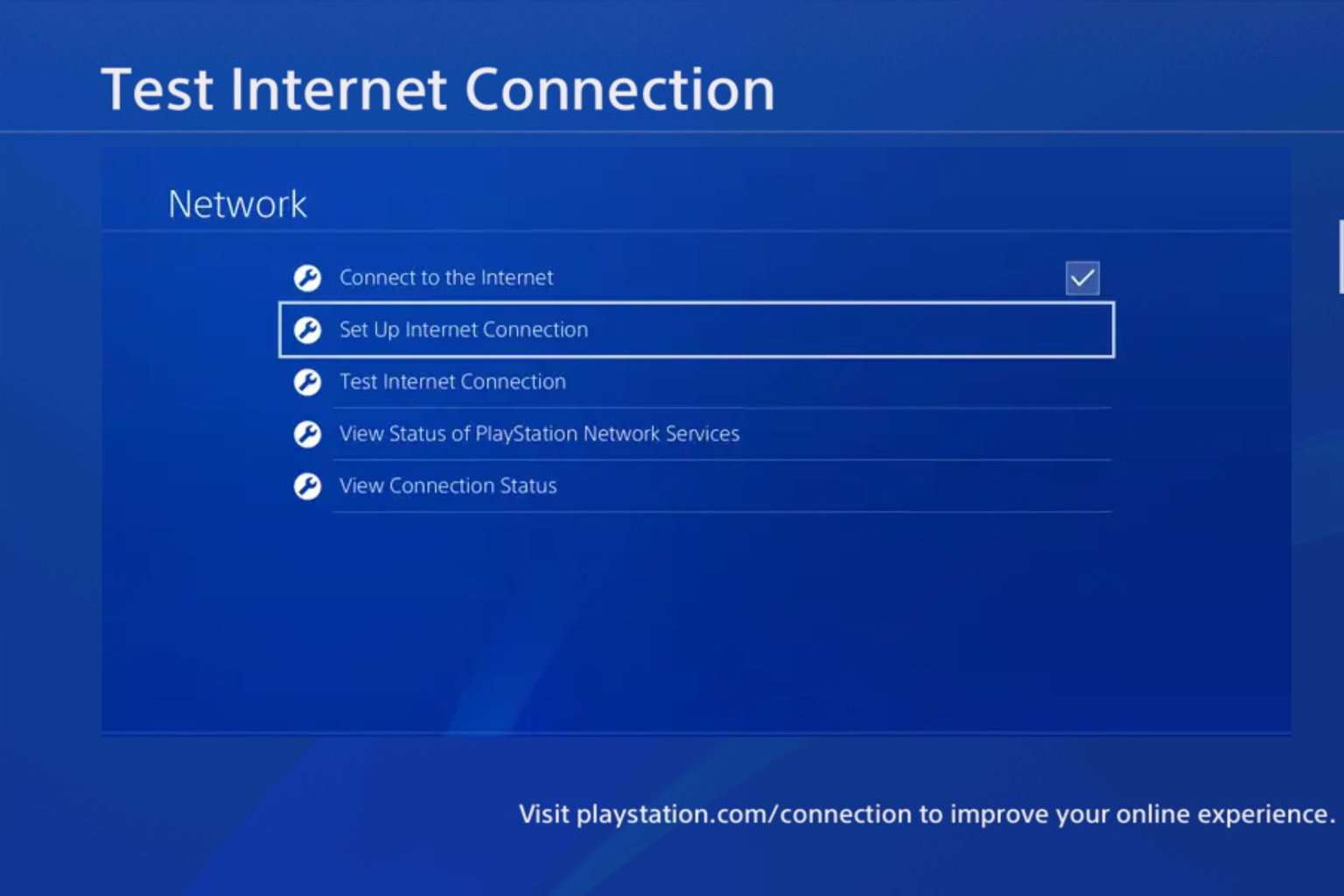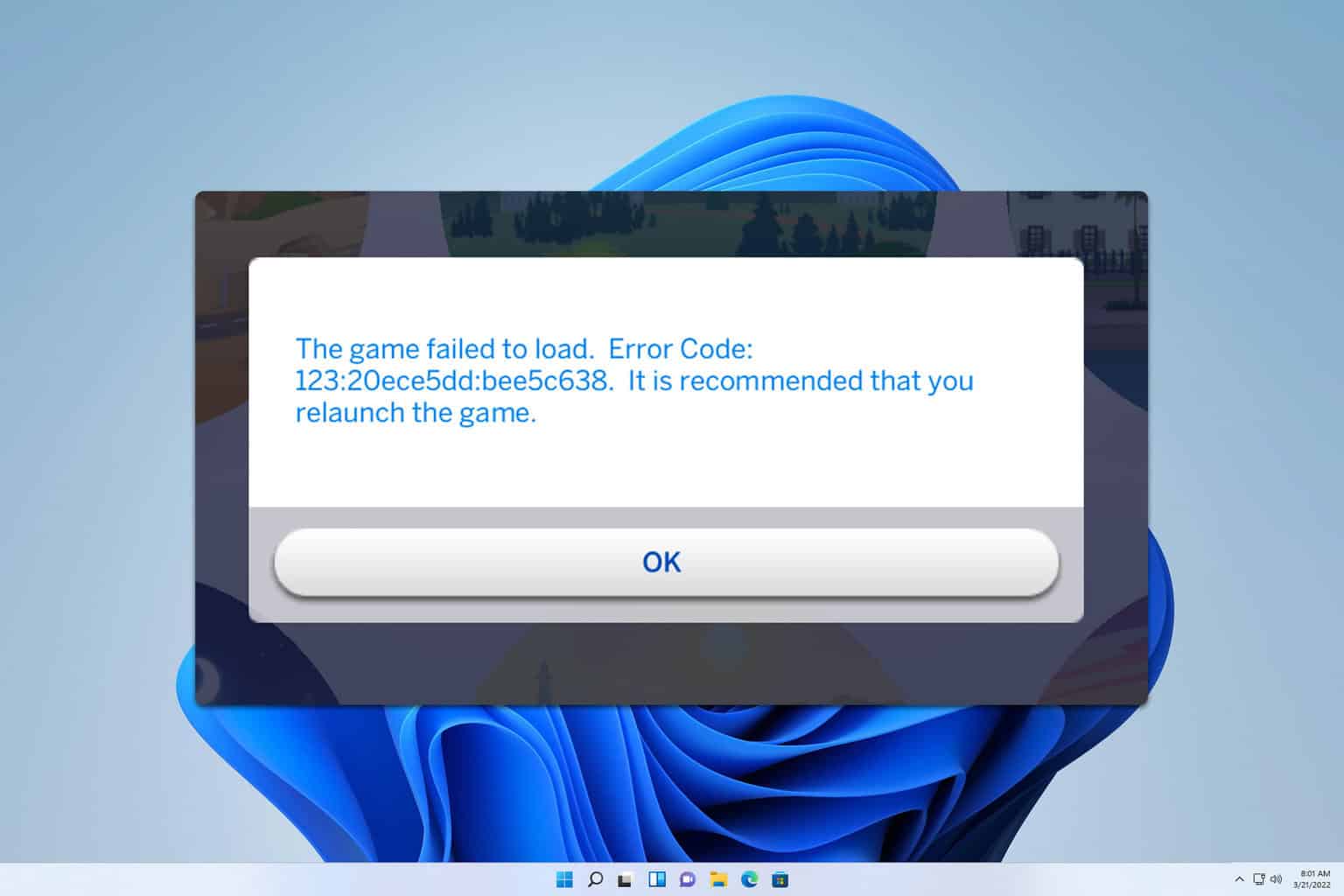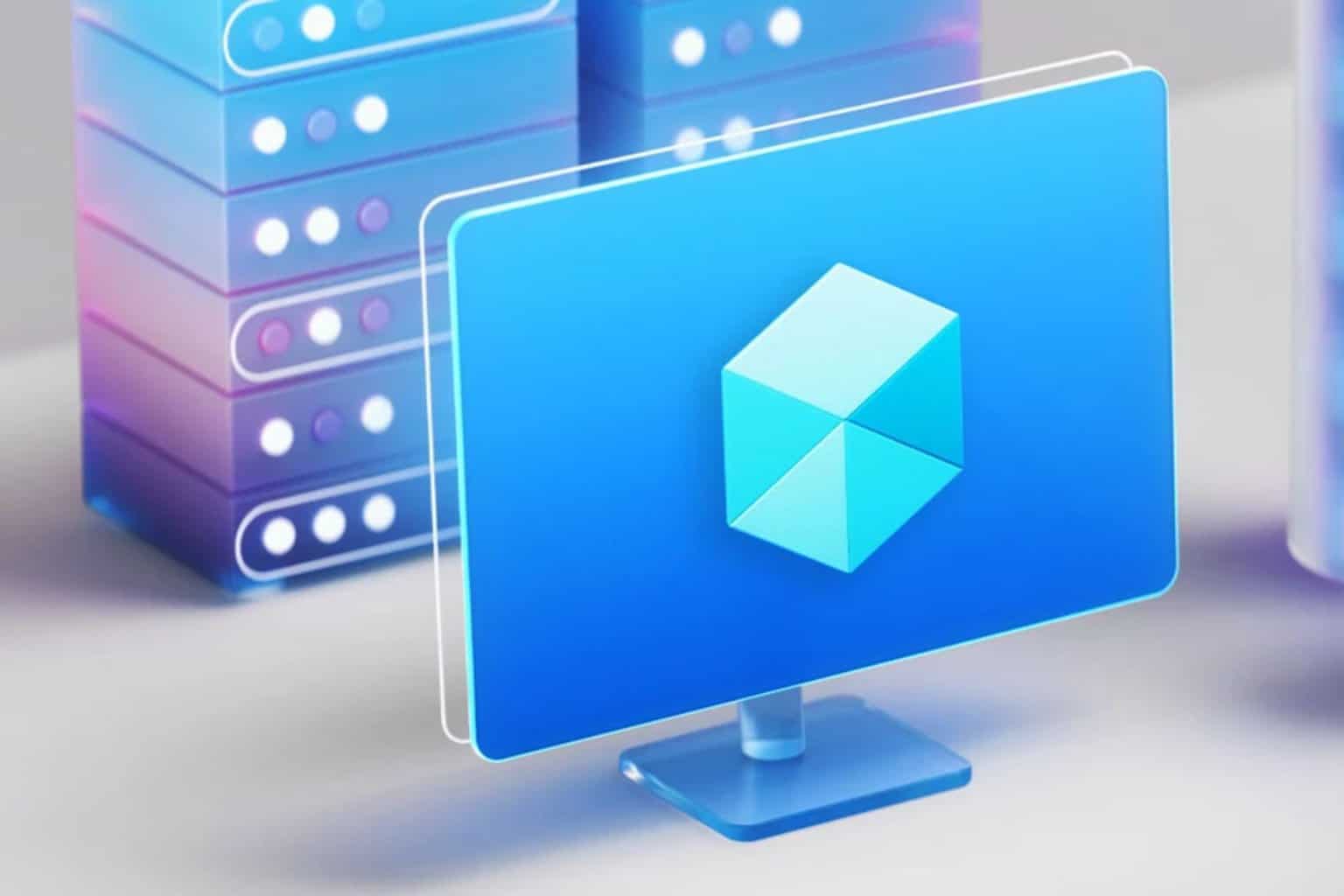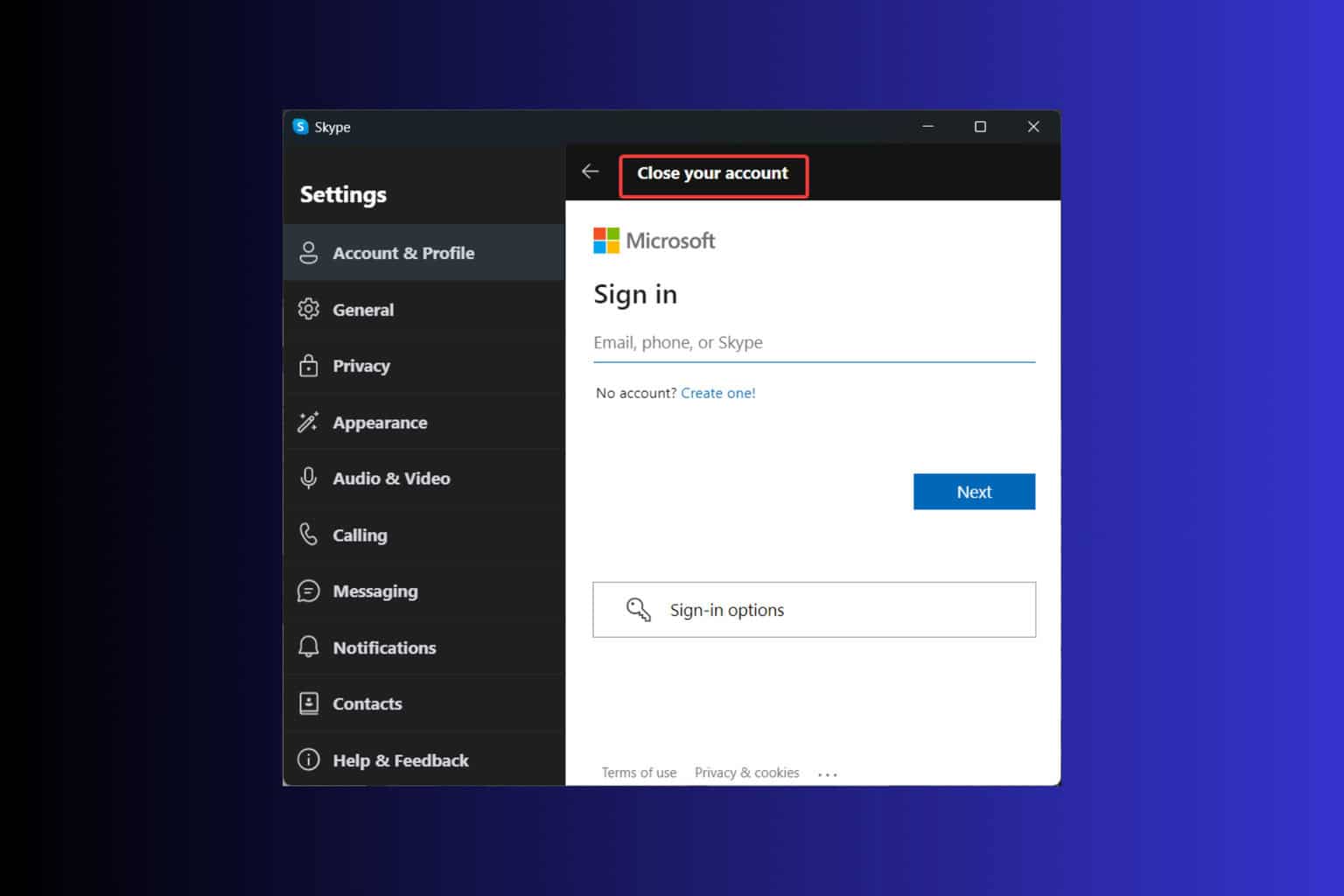New details emerge on Microsoft’s “Lite OS”
2 min. read
Published on
Read our disclosure page to find out how can you help Windows Report sustain the editorial team Read more
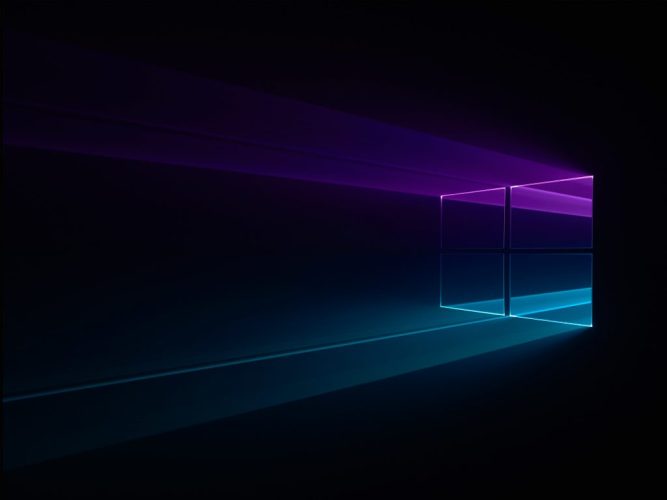
Based on several prominent industry rumors, Microsoft has secretly been developing an alternate operating system to its current Windows 10 offering, out in the open. The supposed Lite operating system, or Windows via ChromeOS-likeness is rumored to be some sort of operating system that resembles Windows at its core but ultimately trimmed for lighter install footprints.
The result of Microsoft’s efforts is to build a more flexible OS that offers more casual user feature sets, and perhaps, deals specifically with the rise of Chrome OS and iOS in more modern day computing instances.
In a recent post on Petri.com authored by Brad Sams, he sorts through some of the most recent rumors and observations to cultivate a clearer narrative that Microsoft may come to use as it pitches its new OS, specifically, on newer hardware.
When it comes to hardware, the company is working on Lite for two types of devices that they have categorized as Centaurus and Pegasus. Centaurus devices are the dual-screen devices that have been floating around in patents and other places while Pegasus refers to the many variations of different styles of laptops running the OS.
When it comes to using Lite, there’s a good chance that it will only have a vague familiarity with what we know today as Windows from a UI perspective. It will be significantly simplified and targeted at a simpler use-case; you won’t be running Lite OS on a desktop. Further, the UI will feature windowing but much like iOS and ChromeOS, it’s more of a ‘one app’ at a time experience; for multi-tasking and productivity, Windows 10 will always be the way to go.
From the looks of it, Microsoft may be positioning itself to continue to serve Windows 10 as its enterprise, power-user, creative desktop variant while this new Lite operating system becomes the modern day Windows CE; applied to more mobile, IoT and analytic computing.
While Google does offer Android and Chrome OS as its analogous alternatives to Windows 10 and soon-to-be Lite operating system, the company is working to similarly streamline its OS efforts with its rumored Fuchsia developments.
However it shakes out, companies such as Google, Apple, and Microsoft see an upcoming shift in computing that even the full-bodied mobile operating systems of today alone won’t be enough to handle adequately.

